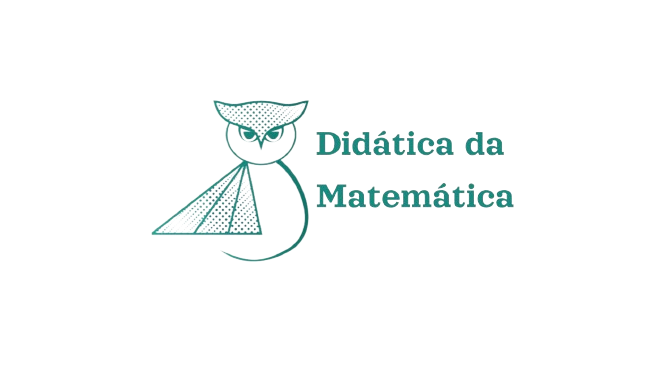A maioria das informações chega até nós em textos, como acontece com as respostas A◊ que aparecem no esquema Herbartiano desenvolvido. Os textos são feitos de afirmações que decorrem e manifestam praxeologias que, geralmente, permanecem ocultas para o leitor casual. Essas praxeologias foram “inscritas” (e, portanto, ocultas) no texto, por assim dizer; inversamente, o leitor sério, que se preocupa com as praxeologias postas em prática para produzir as afirmações que lê, terá que “desfazer” a inscrição – para usar um neologismo – “excretando-as”, ou seja, questionando o texto sobre seu conteúdo, de modo a trazer à tona as praxeologias normalmente latentes. Segue-se de tudo isso que, reciprocamente, ao produzir A◊, X (e, portanto, Y) tem que se esforçar muito para “inscrevê-lo” no texto que o preservará do esquecimento e o tornará mais conhecido. Ao todo, tudo isso requer uma escrita considerável e, acima de todos os diferentes tipos de escrita (como em um caderno, um boletim escolar, um rascunho etc.)
Texto original
Dialectic of reading (or “excribing”) and writing (or inscribing). Most information comes to us in texts, as happens with the answers A◊ appearing in the developed Herbartian schema. Texts are made of assertions that both follow from and manifest praxeologies which, usually, remain hidden to the casual reader. These praxeologies have been “inscribed” (and thus concealed) in the text, so to speak; conversely, the serious reader, who feels concerned with the praxeologies put to use to produce the assertions he reads, will have to “undo” the inscribing by—to use a neologism—“excribing” them, i.e. by questioning the text about its hidden content, so as to bring to the fore normally latent praxeologies. It follows from all this that, reciprocally, in producing A◊, X (and therefore Y) has to devote much effort to “inscribing” it into the text that will preserve it from oblivion and make it known more widely. Altogether, all this necessitates considerable writing and above all different kinds of writing (such as in a notebook, a progress report, a draft, etc.).
Referências
BOSCH, M.; CHEVALLARD, Y. A short (and somewhat subjective) glossary of the ATD. In: BOSCH, M.; CHEVALLARD, Y.; GARCÍA, F. J.; MONAGHAN, J. (Org.). Working whith the Anthropological Theory of the Didatic in Mathematics Eduction: a comprehensive casebook. London and New York. Routledge: Taylor & Francis Group, p. 19-38, 2020.
